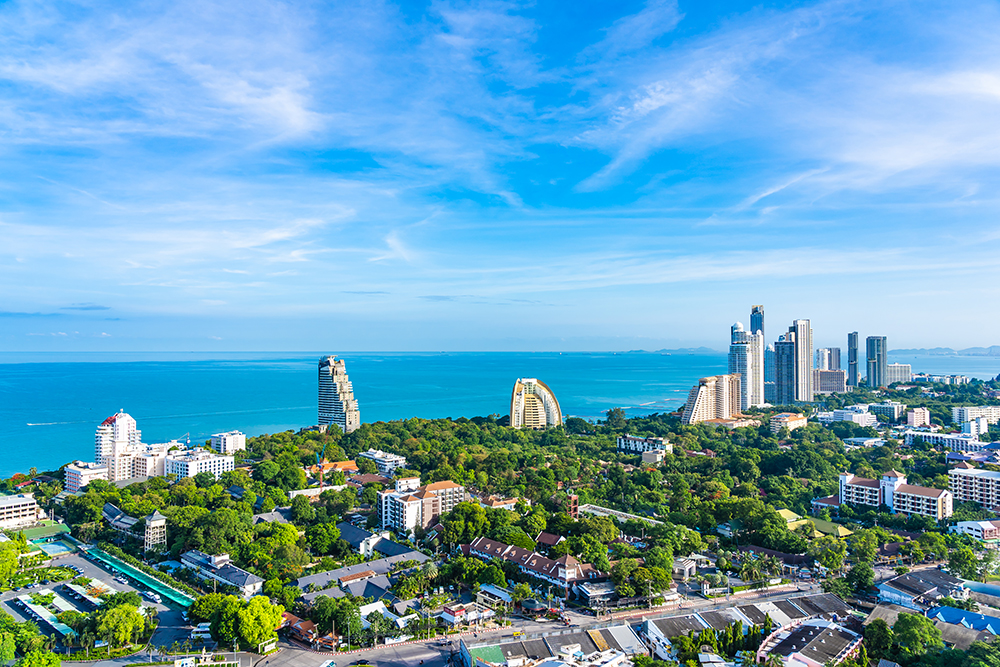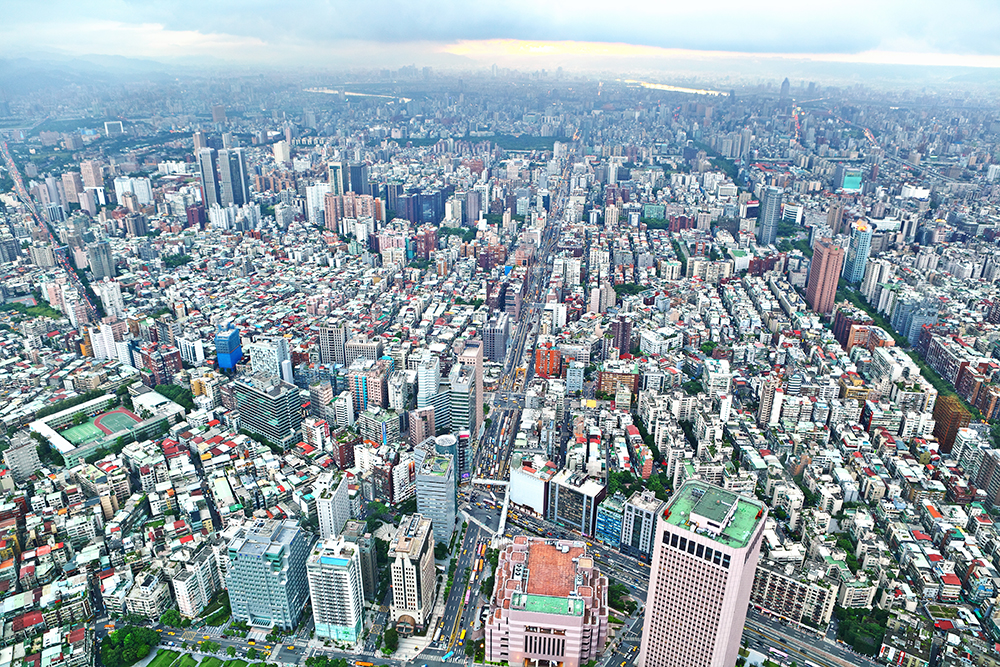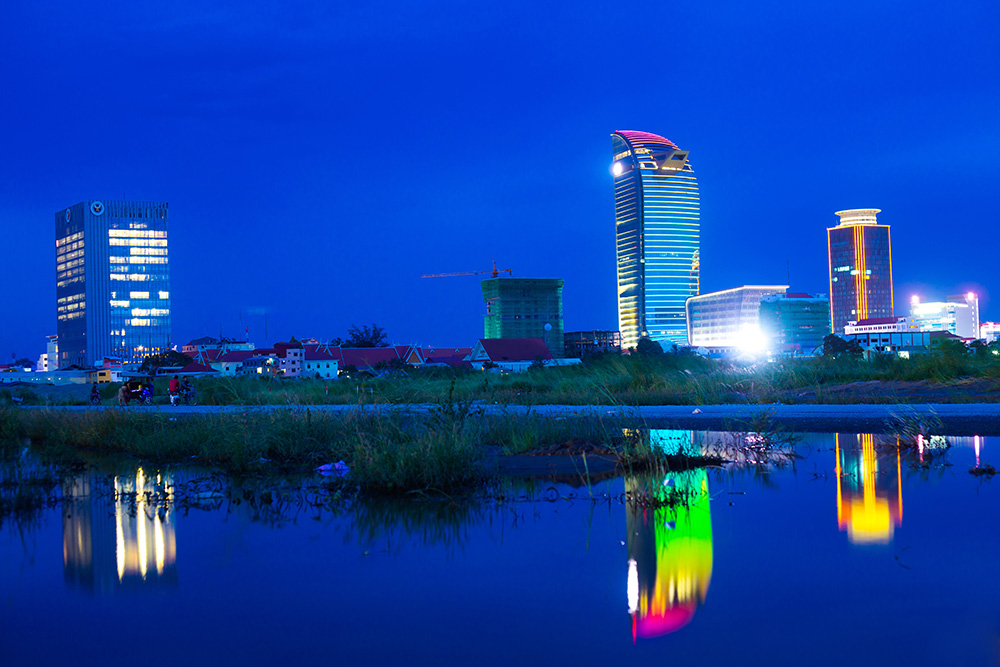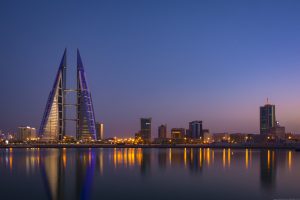Foreigners looking to own freehold property in Asia have several options at their disposal. As you would expect on such a diverse continent, rules and regulation do vary quite a bit. In some countries, you are limited by property type while other places have restrictions on locations and prices.
The good news is that most places that allow foreigners to own freehold property in Asia have fairly transparent processes in place. There will be a language barrier in some countries but that is hurdle any local property professional can help you overcome.
Before we explore where foreigners can own freehold property in Asia, let’s take a look at some of the countries that only provide leasehold ownership to non-resident real estate buyers.
Notable countries with leasehold-only systems for non-resident property buyers:
- China
- Hong Kong
- Indonesia
- Maldives
- Mongolia
It is possible for a foreigner to buy leasehold property in China; however, you need to meet several qualifications. Similarly, all land in Hong Kong is leasehold, meaning no freehold property ownership for anyone. Indonesia has fairly robust leasehold real estate ownership structures available to non-resident buyers which support the popular markets of Bali and Lombok.
That being said, some people just don’t feel comfortable with the limitations of a leasehold ownership agreement. Foreigners wanting to own freehold property in Asia can turn their attention to these locations.
12 places where foreigners can own freehold property in Asia
Thailand
Type: Condominium
Restrictions: No more than 49% of a single building

Non-residents looking to own property in Thailand are limited to condominium units. Additionally, foreigners may not own more than 49 percent of a single building. This has done little to dampen overseas interest in Thai real estate during the past decade.
Those wanting to purchase villas or detached housing can do so on leasehold terms. It is also possible to purchase the property through a company registered in Thailand, but that isn’t always recommended.
The Philippines
Type: Condominium
Restrictions: No more than 40% of a single building
The Philippines gives foreigners the opportunity to own condominium units on a freehold basis. However, non-resident buyers cannot own more than 40 percent of a single building. Local developers are quite skilled at assisting overseas clients with several having in-house departments catering to this demand.
Related: 4 things to know about condo investment in the Philippines
Vietnam
Type: Residential
Restrictions: Must be married to a Vietnamese national
It is possible for a non-resident to own freehold property in Vietnam, but he/she must be married to a Vietnamese national. Leasehold terms in the country are a bit restrictive as well with no more than 30 percent of a government approved building allowed to be owned by foreigners. Developers in the country continue to urge the government to relax regulations and allow for more non-resident property ownership.
Malaysia
Type: Condominium, House, Land, Building
Restrictions: Some price and type limitations. Varies by state
Malaysia is very friendly when it comes to foreigners owning freehold property. However, the country does not have one blanket set of regulations. Instead, states have different restrictions in place. For example, a non-resident can only own a property priced at MYR600,000 (USD145,000) or above in Kuala Lumpur, but in Penang the price floor is MYR800,000 (USD193,000).
The government has made a few types of property, including low-cost housing and agricultural land, off-limits to foreigners and these restrictions cover all of Malaysia.
South Korea
Type: Condominium, House, Land, Building
Restrictions: Some locations are limited when it comes to buying land

It has been more than 20 years since the South Korean government deregulated the real estate market and opened it up for foreign ownership. These days non-residents buying South Korean property can acquire apartments, houses, entire buildings and land making it one of the most open countries in Asia.
The only thing you can’t buy in South Korea is land in military installation reservations, cultural property protection zones or ecosystem reservation districts.
Japan
Type: Condominium, House, Land, Building
Restrictions: None
All property types in Japan are open to foreign, freehold ownership. This includes land and even skyscrapers if you were so inclined. Your name will even be shown on the title deed which is an added benefit. That being said, the buying process requires help from a local expert since everything is conducted in Japanese.
“The biggest thing deterring people from buying Japanese real estate is the language barrier,” Sato Tsutomu, Managing Director of HJ Real Estate, explained. “It can cause some complications in the process, but it is easy to overcome with the help of an expert.”
Taiwan
Type: Condominium, House, Land, Building
Restrictions: Ownership is limited to citizens of countries with reciprocal rights

Foreigners may own freehold property, including land, in Taiwan so long as they are a resident of a country on this list. The reciprocal rights list of property ownership is somewhat quirky. Case in point, residents of only 42 states in the USA are eligible to own freehold real estate in Taiwan. Those living in Mississippi, South Carolina or West Virginia are out of luck.
Singapore
Type: Private Apartment, Some Commercial & Industrial Property
Restrictions: Depends on property type
When it comes to freehold, foreign property ownership, Singapore is highly transparent. That being said, there are also far more regulations here than elsewhere in Asia. Your best bet is to look for properties marketing themselves as freehold and open to non-resident ownership. Apart from that, the classification system, especially as it relates to public housing, can be a bit tricky to navigate.
Cambodia
Type: Condominium
Restrictions: No more than 70% of a single building. Unit can’t be on the ground level

Cambodia first approved foreign freehold ownership of condominium units in 2010, although take up has remained limited. There have been a few projects in Phnom Penh that drew overseas interest while Sihanoukville has been popular among Chinese investors. The one unique regulation is that non-residents cannot own a unit on the ground floor of a Cambodian condominium building since that would be considered owning land.
Oman
Type: Residential
Restrictions: Limited to select locations
A limited number of freehold residential properties inside tourism complexes, such as Al Mouj, Jabal Sifah, Hawana Salalah and Muscat Bay, can be purchased by foreigners. Those units are attached to a residency program. Last year, the Ministry of Housing and Urban Planning launched another scheme that saw 5,000 units made available to non-residents on a freehold basis.
Bahrain

Type: Residential
Restrictions: Limited to select locations
There are currently 10 areas in Bahrain where non-resident buyers can own real estate on a freehold basis. In most cases, these locations are land that has been reclaimed. Housing types available for ownership is varied.
United Arab Emirates
Type: Residential
Restrictions: Varies in each emirate
In the United Arab Emirates, Abu Dhabi has the most straightforward foreign freehold ownership regulations that makes it possible to acquire residential real estate in designated investment zones. Elsewhere, the rules on non-resident freehold ownership are opaque.
Freehold property ownership in Asia
It is possible for foreigners to own freehold property in Asia although there are quite a few differences across the continent. What’s more, regulations can change suddenly. Sometimes, as seen in Oman, this can benefit buyers. In other instances, like Maldives approving and then rescinding freehold foreign ownership over the span of four years, it can be troublesome.
Finally, this list is a brief overview of where foreigners can own freehold property in Asia. By no means is this a comprehensive guide and you should research the markets more in-depth to learn about local regulations.













